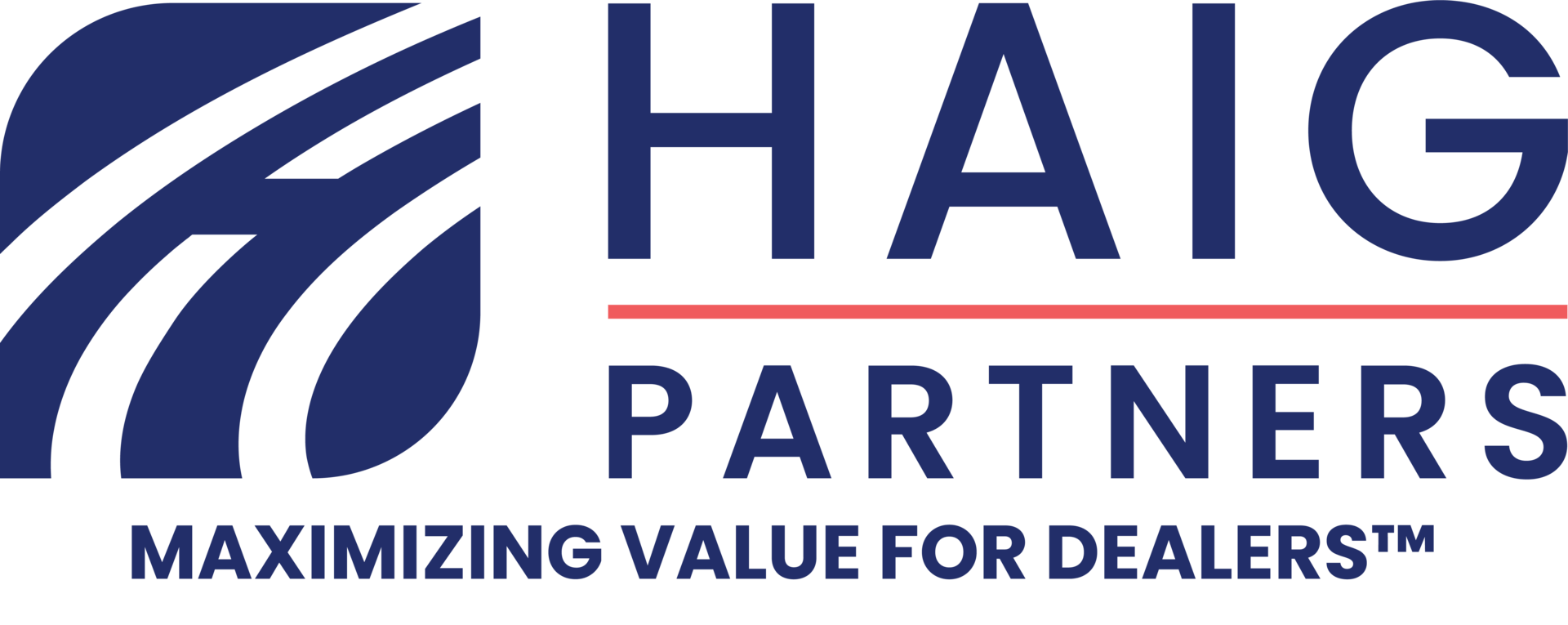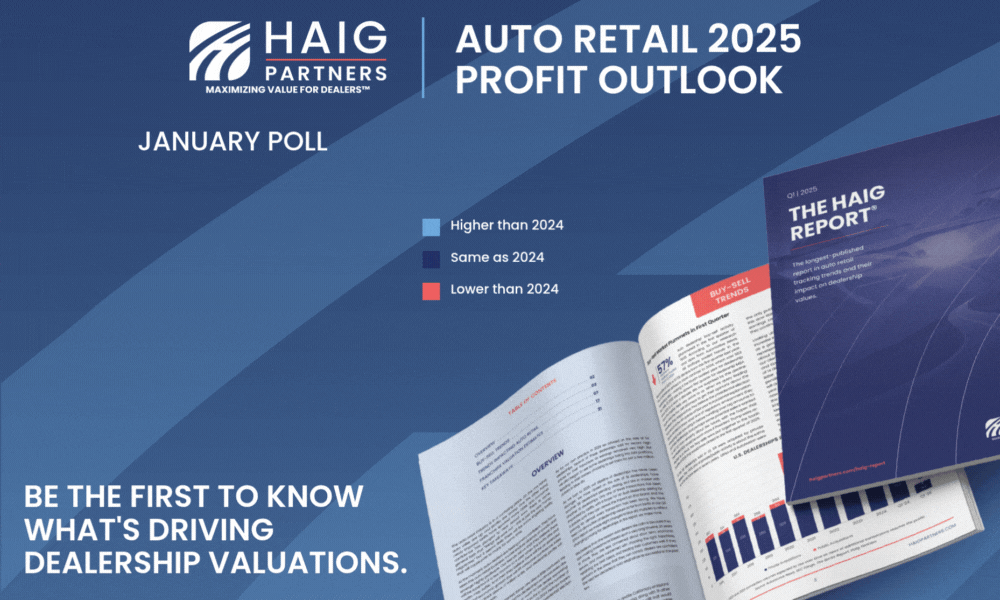As the industry approaches the back half of the 2020s, automotive retailing is shifting from a pandemic-driven, low-volume business with high margins, back to a high-volume, low-margin business more in line with historical trends.
And combined with persistently elevated auto loan rates, EV tax credits disappearing, and being at the trough of the used car shortage, analysts expect further margin compression barring any other massively disruptive events.
For context: Auto loan rates haven't materially changed in a few years across most credit tiers, according to Cox Automotive data. With new vehicles averaging $48,000 and repair costs climbing on tech-loaded models, affordability is squeezing customers from every angle. That makes F&I revenue even more critical for sustaining dealership profitability.
What they're saying: "Affordability continues to be a challenge," Mayers, associate vice president of business operations for retail solutions with Cox Automotive, told CDG News. "With the average vehicle price being close to $48,000 on a new vehicle—factor in insurance costs, repair costs, and things like that. It's getting expensive for people to own cars."
But Mayers explained that the affordability crunch can actually create more opportunities for F&I product sales. Complex vehicle technology means expensive repairs, making protection products an easier conversation with customers already worried about ownership costs.
"I think it's a much easier sell to someone to tell them, 'Hey, if you buy this protection product now, you'll save yourself a lot of money in the long run,'" Mayers said.

OUTSMART THE CAR MARKET IN 5 MINUTES A WEEK
No-BS insights, built for car dealers. Free, fast, and trusted by 55,000+ car dealers.
Zooming out: Dealers will need massive efficiency gains to maintain their momentum.
And many have taken the first step by offering online auto financing tools like uploading applications and documents, digital contracting, and remote signing.
With those administrative tasks handled online, F&I managers can fully focus on maximizing conversions and relationship building.
But between the lines: Online financing can also create huge fraud exposure, and that's Mayers' biggest concern. Annual industry losses sit between $4-6 billion, and every fraudulent transaction on a $48,000 vehicle compounds losses.
"When a fraudster comes in and says they have great credit, which they built through synthetic fraud ID, and then they buy a car and they're gone 30 days later, you can never find them, you can't find the car. That's expensive," Mayers said.
And AI is making it worse. While it helps detect fraud, it also helps fraudsters build better synthetic identities that slip through verification longer.
"It's an area of concern, and an area of focus for the industry that we need to tackle," said Mayers.
A quick word from our partner
Want insider knowledge on today’s auto retail trends?
The Haig Report® is the industry’s longest-published, most-trusted quarterly resource on dealership values. Since 2014, it has delivered insights on performance, market shifts, and franchise desirability—helping leaders spot opportunities and risks.
Each edition includes exclusive insights on valuation trends, brand outlooks, and blue sky values.
Looking to grow your portfolio or explore investments? Join our exclusive buyer and investor database at haigpartners.com/buyerdatabase.













